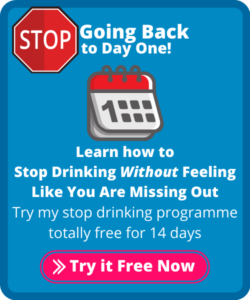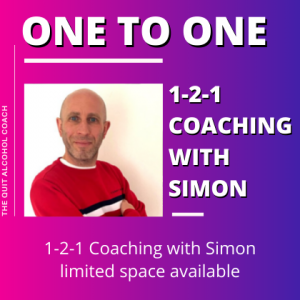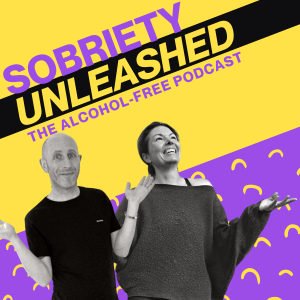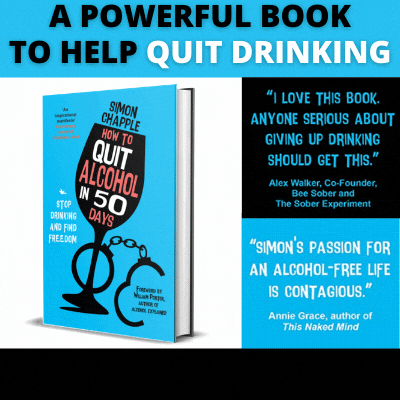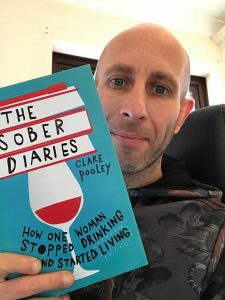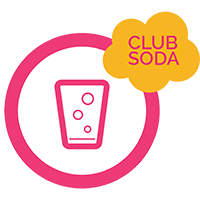The Importance of Family Involvement In The Addiction Recovery Process
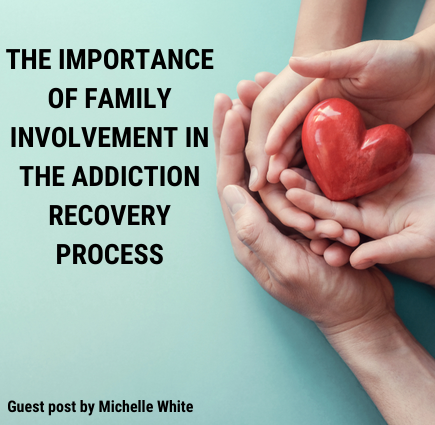
Family dynamics are complex as it is. Add addiction to the mix, and it gets even more complicated. When looking into the impact of addiction, the focus is often on the addicted individual. No one endures the consequences of chronic substance abuse more than the user. However, family members often come a close second.
When a loved one is spiraling out of control because of substance abuse, it often follows that the rest of the family is consumed with worry and fear for their loved one’s safety and health. Admitting that there is a problem is hard, but it is vital for the family member as it is for the addict.
Understanding the Role the Family Plays in Addiction Recovery
Addiction can cause feelings of anger, distrust, depression, and resentment in the family. Relationships can get compromised, and family members often don’t know how they can help without enabling. However, seeking treatment as a unified group can have a massive impact on the long-term success of the recovering addict.
Just like choosing the best DUI defense attorney you can find, having your family rally behind you and supporting you every step of the way can make a world of difference. When an addict is ready to receive treatment, it is crucial for the family to be on board and supportive.
How Family Therapy Can Improve the Recovery Process
Family therapy is a very helpful tool that can help the family heal. It is designed to help everyone in the family adjust to any complex changes, address past trauma and conflicts, and establish healthy behaviours. Family therapy can also help everyone understand how addiction can disrupt the family dynamic.
While these types of conversations are often complicated and uncomfortable, it is a necessary step required to achieve full recovery. Shunning the addicted family member and pretending that no underlying issues need to be addressed will only increase the relapse risk even after the individual has completed the treatment.
Family therapy can be especially beneficial for teens and children living with an addict in their family. A stressful family environment can be a risk factor for early substance use. That said, children must be included in the process by openly talking to them about what is going on and asking them to express their feelings and thoughts.
A comprehensive family therapy program often involves family-intensive workshops. Trained specialists provide action-oriented counseling that’s designed to heal wounds, rebuild family interactions, break co-dependencies, and heal wounds. It also covers:
- What substance abuse, dual diagnosis, and mental disorders are
- Restructuring
- The family’s roles
- How to improve relational communication
- How to set healthy boundaries
- How to confront triggers
- How to plan for aftercare
The benefits of family therapy are far-reaching. Some of the notable ones include:
- It can help improve each of the family members’ understanding of addiction and how it can affect the behavior and brain function
- It can help family members stay supportive without enabling the addicted individual
- It can help minimize conflicts at home and improve communication among family members
- It can help foster motivation for the addicted individual and helps them find a purpose and passion that does not involve drugs
- It can help everyone involved develop the strategies and skills needed for the addicted individual to stay drug-free during and after the treatment
Outpatient programs can also be a good fit for those who have just developed a recent addiction. Outpatient programs can be especially beneficial if:
- You have a business or job that you can lose if you get involved in an inpatient recovery
- You have children you need to take care of
- You don’t want anyone outside of your family and closest friends to know you are seeking treatment
Your counselor can help you decide which option is best for you. One of the critical factors considered when choosing between inpatient and outpatient care is which of two is likely to provide the most successful recovery for your case.
In addition to family therapy, addicted individuals might also get cognitive-behavioral treatment so they can learn how to identify self-destructive thoughts, patterns, and behaviors.
Others can also benefit from 12-step programs. Twelve-step programs have specific steps that can help the addicted person make amends with their family and their transgressions.
Many 12-step programs also offer group support and recovery classes for family members. Some of the programs are also designed to help family members stay on track with being supportive.
Conclusion
The crucial role families play in an individual’s addiction recovery cannot be overstated. When the family is involved, everyone will attain healing and a better quality of life. The concerned person and the family members will also develop skills that can help build healthy and happy relationships well into the future.
About the Author
Michelle White is currently the Content Marketing Strategist for Arizona DUI Team. Aside from spreading awareness on DUI and vehicular-related offenses, she enjoys reading and hiking with her family and friends.

